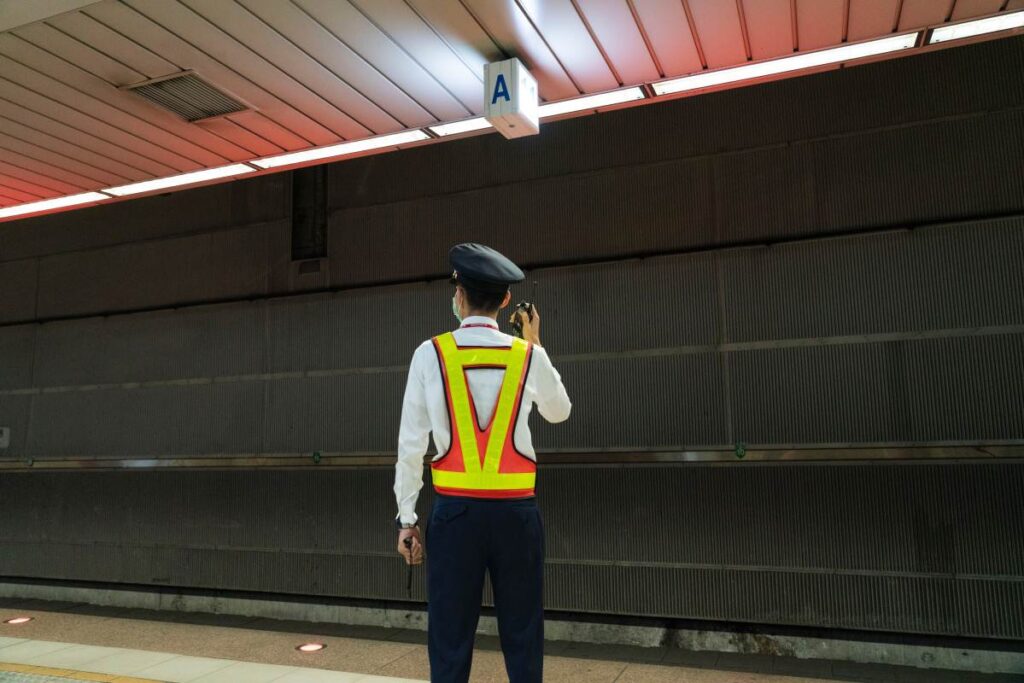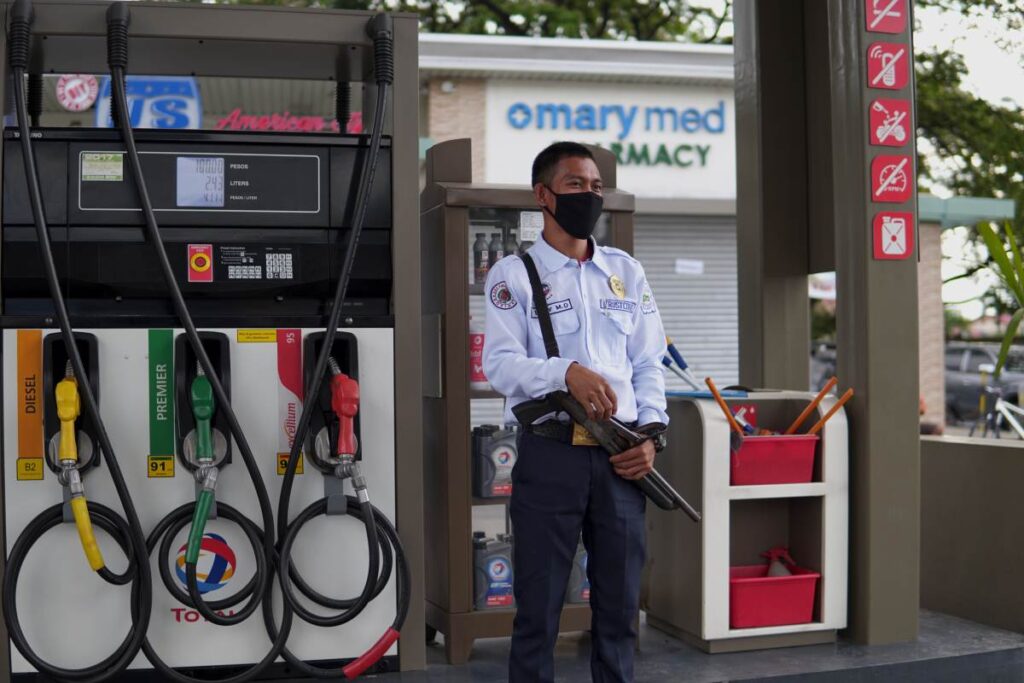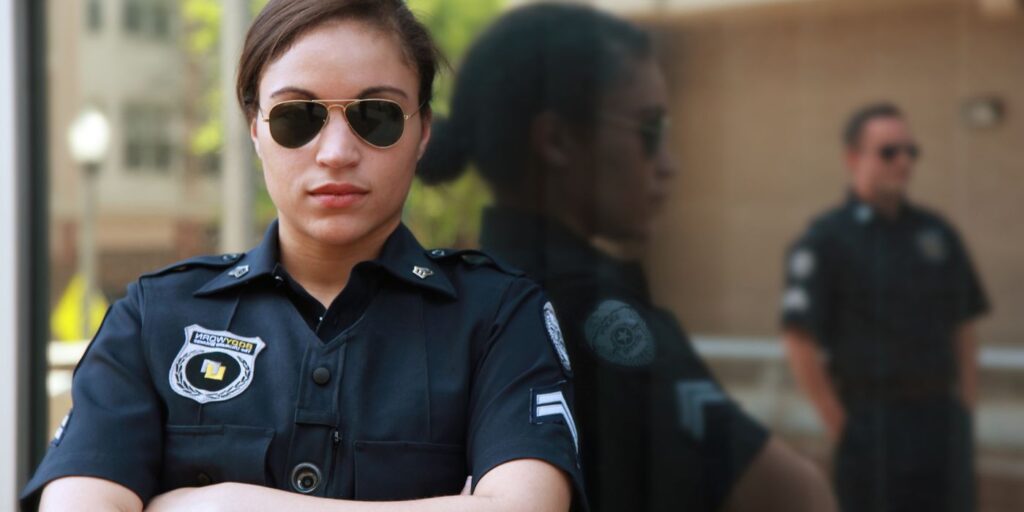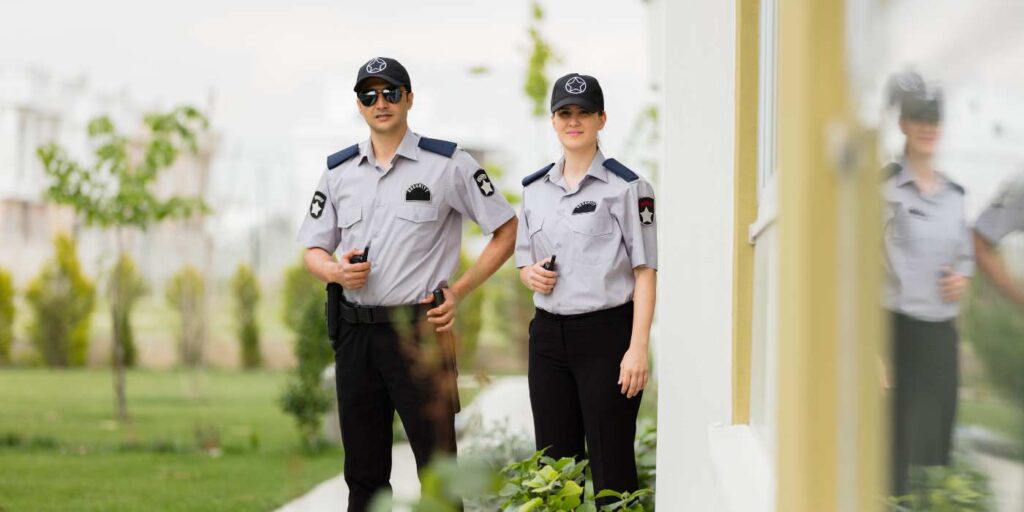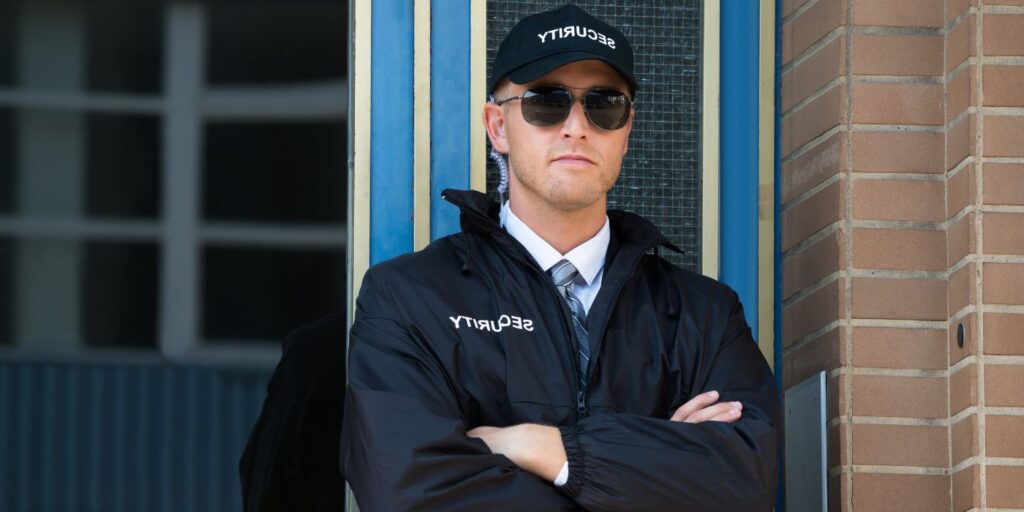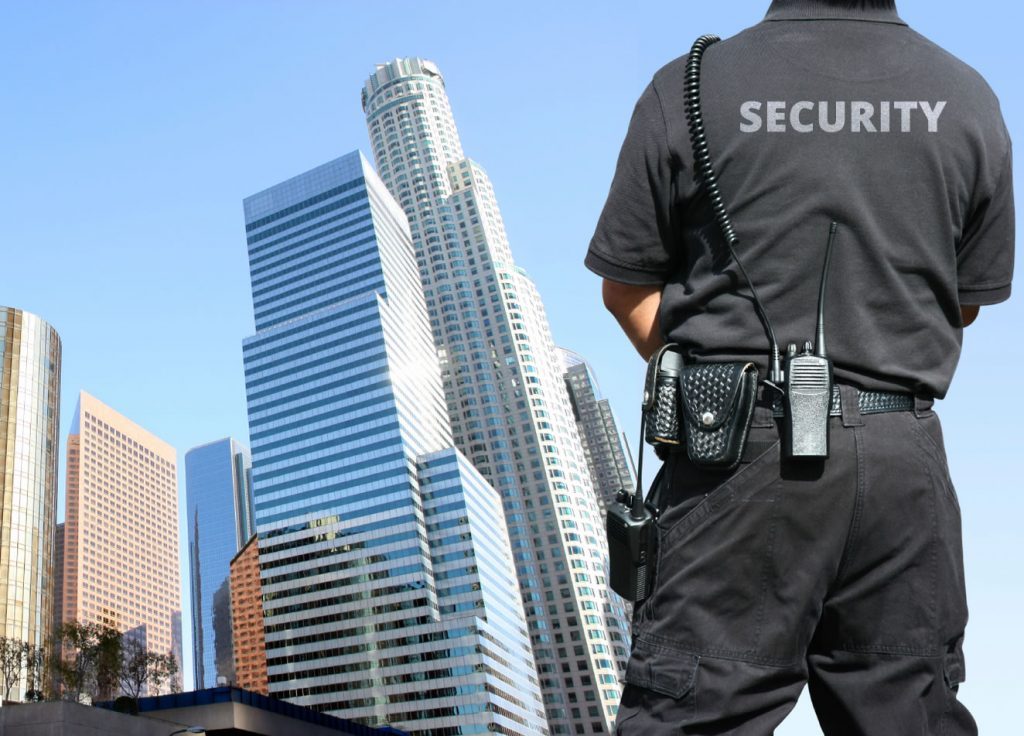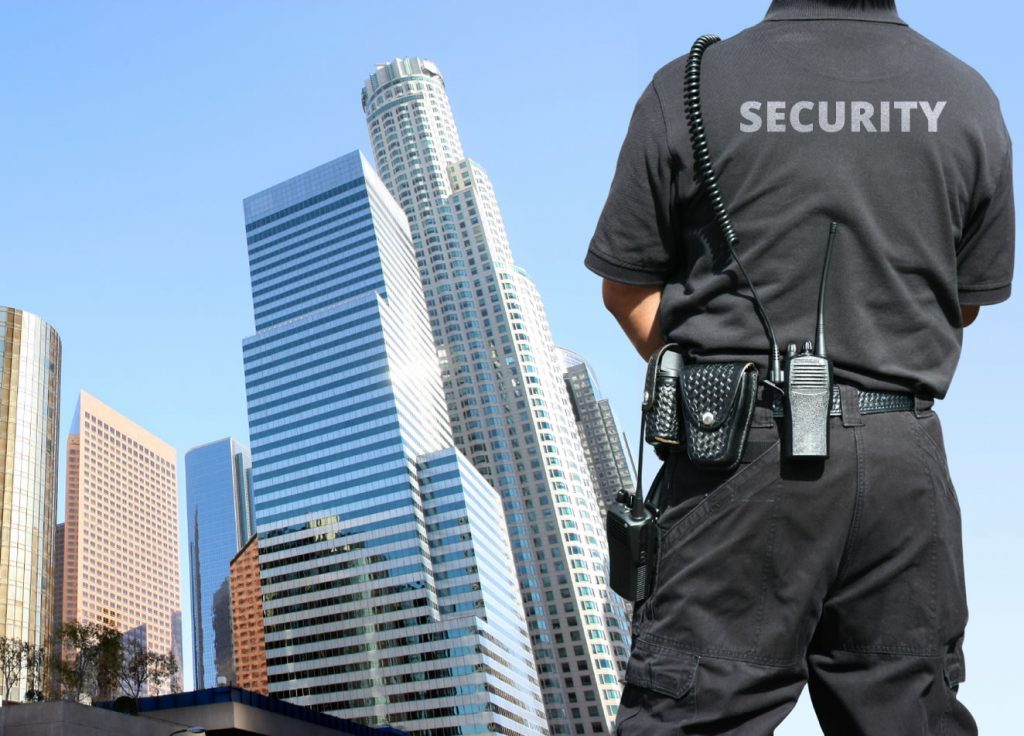Ensuring the security of PSO Security
“PSO security” typically refers to Private Security Officers or Private Security Organizations, which play a crucial role in enhancing security and safety in various sectors, including businesses, residential communities, events, and critical infrastructure. PSO security involves private security personnel and organizations providing a range of security services to protect assets, people, and property. Here are some key aspects of PSO security:
By implementing Our security measures, you can ensure the safety of participants and the success of the event.
Security Services:
Private security officers and organizations offer a variety of security services, including access control, surveillance, patrols, alarm response, crowd management, and asset protection.
Personnel:
Private security officers (PSOs) are individuals employed by private security companies to perform security-related duties. They may be armed or unarmed, depending on the specific security requirements and regulations in their jurisdiction.
Regulation:
The private security industry is often subject to state and local regulations that govern the licensing, training, and conduct of PSOs and private security organizations. Compliance with these regulations is essential.
Training:
Private security officers typically undergo training programs to prepare them for their roles. Training may cover areas such as conflict resolution, first aid, emergency response, legal aspects of security, and the use of force when necessary.
Uniforms and Identification:
PSOs often wear uniforms and carry identification to distinguish themselves and provide a visible security presence. This helps deter potential threats and allows for easy identification by clients and the public.
Surveillance:
Surveillance is a common task for PSOs, involving the use of cameras and monitoring systems to observe and report suspicious activities.
Event Security:
PSOs are often hired to provide security at events, such as concerts, sporting events, conferences, and private functions.
Executive Protection:
Some PSOs specialize in providing executive protection services to high-profile individuals, such as celebrities, politicians, or corporate executives.
Asset Protection:
Protecting valuable assets, such as equipment, merchandise, or intellectual property, is a significant aspect of PSO security.
Emergency Response:
Private security officers are trained to respond to various emergencies, including medical emergencies, fires, and security incidents.
Access Control: Private security officers may be responsible for controlling access to a facility or property.





